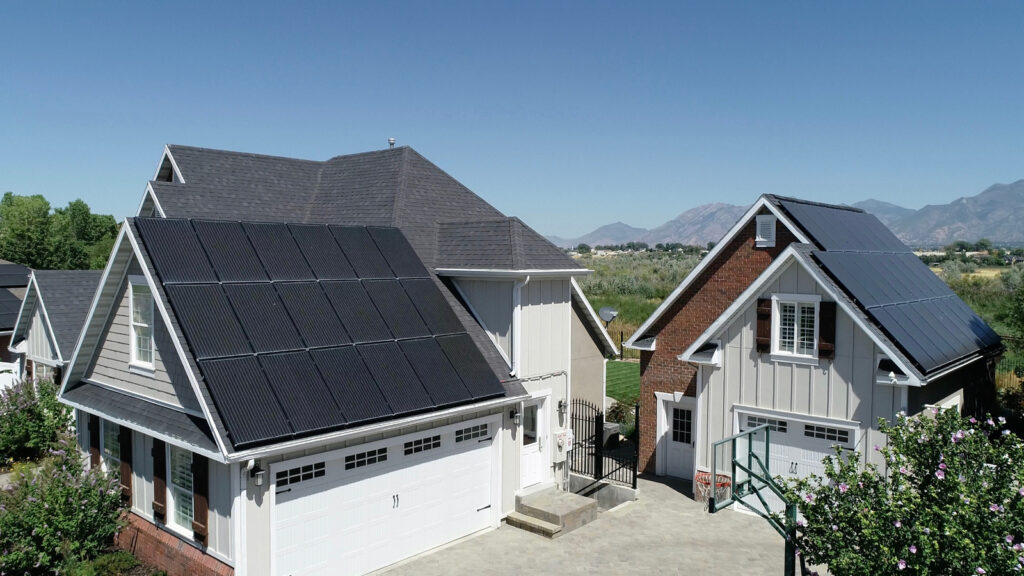Consumer solar panels, also known as residential solar panels or rooftop solar panels, are solar photovoltaic (PV) panels designed for use in homes or small-scale residential applications. These panels are part of solar energy systems installed on residential rooftops or properties to generate electricity for on-site consumption or to feed excess power back into the grid.
- Photovoltaic Technology:
- Consumer solar panels utilize photovoltaic cells to convert sunlight into electricity. These cells are typically made from semiconductor materials such as silicon.
- Grid-Tied Systems:
- Many consumer solar panel installations are grid-tied, meaning they are connected to the local electrical grid. Excess electricity generated by the solar panels can be fed back into the grid, and homeowners may receive credits or compensation for the surplus energy.
- Residential Installation:
- These panels are specifically designed for residential use and are installed on the rooftops of homes. They come in various sizes and capacities to meet the energy needs of different households.
- Aesthetic Considerations:
- Consumer solar panels are often designed with aesthetics in mind, with options for sleek and low-profile installations. Some panels are integrated into roofing materials to maintain a more seamless look.
- Energy Independence:
- Homeowners install consumer solar panels to reduce their reliance on traditional utility sources and achieve a degree of energy independence. Solar energy systems can significantly lower electricity bills and provide a clean and renewable energy source.
- Net Metering:
- In grid-tied systems, consumer solar panels often leverage net metering programs. This allows homeowners to receive credit for excess electricity generated during sunny periods, which can be used during times when the solar panels are not producing enough power.
- Environmental Benefits:
- Using solar panels at the consumer level contributes to a reduction in greenhouse gas emissions and environmental impact. Solar energy is a clean and renewable resource that helps mitigate the reliance on fossil fuels.
- Energy Storage Integration:
- Some consumer solar panel installations include energy storage solutions such as batteries. This allows homeowners to store excess energy generated during the day for use during periods of low solar production or power outages.
Consumer solar panels play a crucial role in the transition toward cleaner and more sustainable energy sources at the individual and community levels. Advances in technology and decreasing costs have made solar energy increasingly accessible to homeowners around the world.


